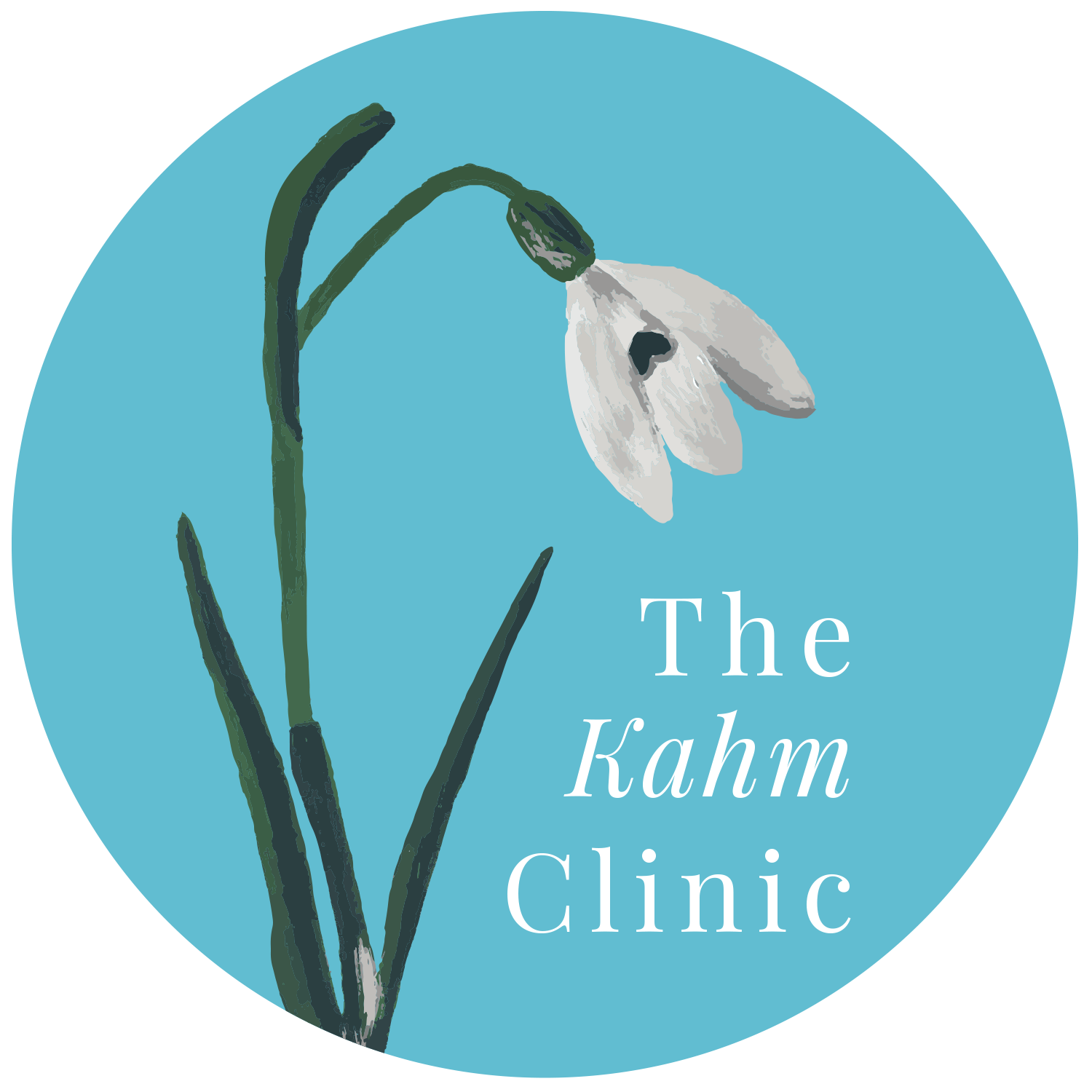Eating Disorder Treatment and Recovery
When it comes to eating disorder treatment and recovery, there are multiple levels of care that patients may experience on their path to healing. As nutritionist Elaina Efird, RDN, CD, CEDRD, CSSD explains in a recent YouTube video, “When someone is in the midst of working towards recovery or in the midst of severe disordered behaviors, they may need varying levels of support.” In today’s blog post, we briefly outline the five levels of eating disorder care and then share a case study to show the importance of continuing the work after shifting to a lower level of care (also called step-down).
Eating Disorder Treatment: Levels of Care
From highest to lowest, the levels of care for eating disorder treatment are:
Inpatient: The most intensive program, inpatient care includes all-day medical support. A patient stays at the hospital for regular labs, intravenous fluids, tube feedings, and/or daily monitoring. These patients may also be struggling with other mental health issues, such as depression or suicidal thoughts.
Residential Treatment: Here, a patient lives at a residential treatment center and receives support 24/7 if needed. They are considered medically stable and focus on eating and supervised meals as well as group and individual therapy.
Partial Hospitalization Program (PHP): This level of care includes a patient being “in programming” for most of the day — for instance, five hours a day for five or six days per week. This approach is considered full-time outpatient care: The meetings are too intensive for patients to work or attend school, but they’re able to sleep at home and spend time with their loved ones.
Intensive Outpatient Program (IOP): IOP is a combination of group work and individual meetings with a dietician, therapist, and medical doctor if needed. It can also include meal support. A typical schedule for patients in IOP is four days per week at three hours each day. Meetings are typically in the evening, allowing attendees to go to work or attend school as usual.
Outpatient: As the lowest level of care, this treatment includes weekly appointments with a nutritionist and/or therapist.
Eating Disorder Treatment Case Study
Now, let’s look at a relevant case study. This patient was in a higher level of eating disorder care (a residential treatment center) and switched to outpatient care (regular appointments with Elaina) but still needed support as she worked towards recovery. It’s important to note that patients often complete a higher level of care and think they’re “done.” The work that patients do during this time is intense, which can be exhausting — but still, the work isn’t finished. In truth, there’s still a lot that needs to be addressed as they ease back into their normal, daily routine and reach full recovery.
For reference, this patient came to The Kahm Clinic for an initial visit, and it was immediately determined that her eating disorder was severe and required a higher level of care. She was 35 years old, 5 feet, 8 inches tall, and weighed 100 pounds. Prior to her time at a residential treatment center, her intake was incredibly restrictive, which caused her metabolic testing results to be drastically low at only 720 calories per day (compared to a standard rate of 1,323 calories per day).
During her four months at a residential treatment center, this patient did amazing work and improved a lot of her eating disorder behaviors. After she completed the program, her metabolic rate improved to 1,010 calories per day. These results are significantly better than her first metabolic test but still not where she should be, which means that her body is still compensating.
In this instance, although outpatient care was a step-down program, we increased her meal plan to help her continue on the path to full recovery. This case study shows how important it is for patients to stay focused regardless of their level of care. At The Kahm Clinic, our goal is to see them fully healed from the inside out.
To talk to a professional about eating disorder diagnosis, treatment, and recovery, please reach out to our staff or schedule an appointment at The Kahm Clinic.

